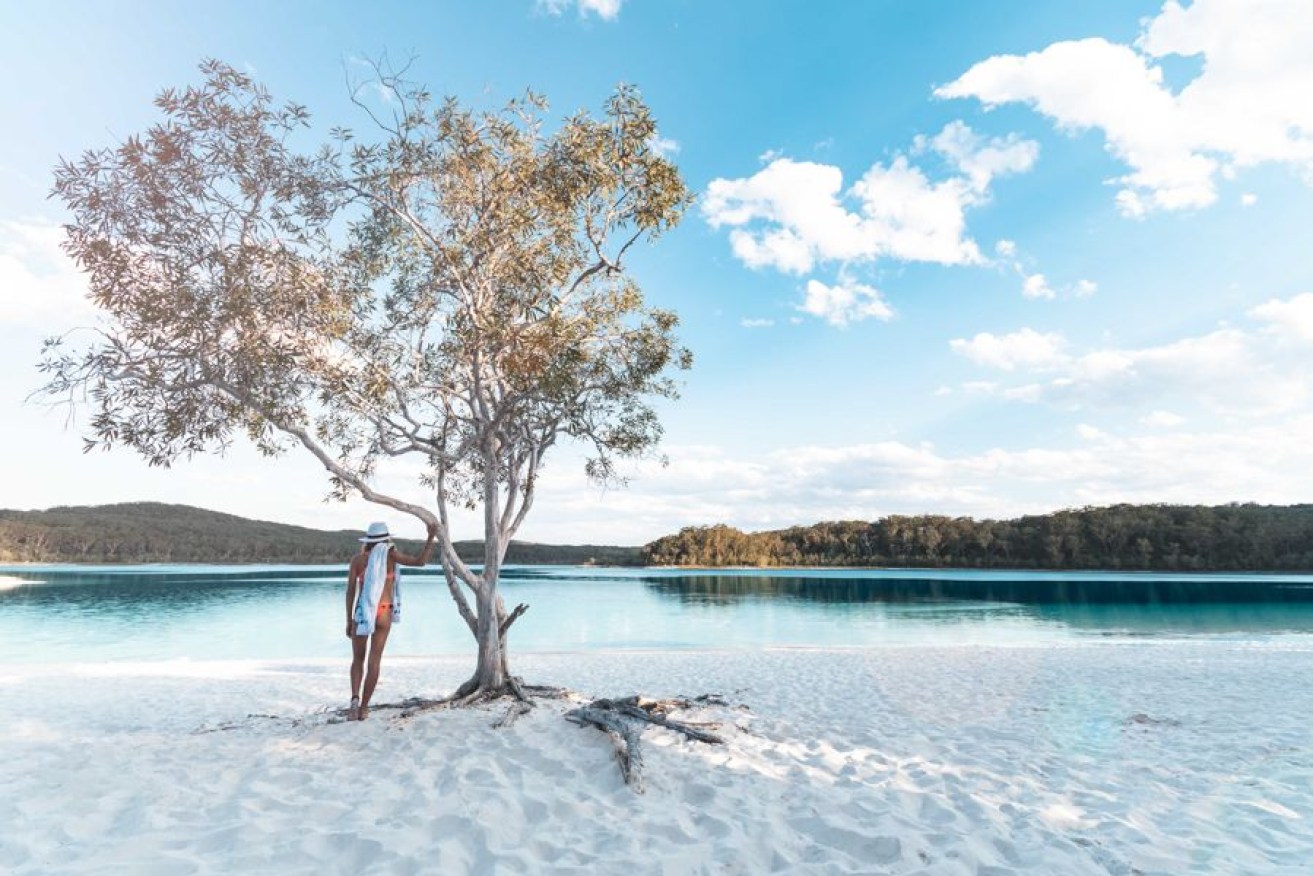No new taxes, except for tourists and those visiting Queensland’s national parks
Tourists and national park visitors would pay new taxes in Queensland under a proposal being considered by the state government.

National Parks like Fraser Island may charge a visitor tax under a proposal being considered by the Queensland Government. (Image: Fraser Island Tours).
The two taxes have been proposed by a new 10-year tourism plan released by Queensland’s expert Tourism Industry Reference Panel.
It says the tax on tourists would be imposed by local governments, with all the income used to invest in tourism development and marketing.
The second tax on national park and protected area visitors would be used to fund park running costs and reinvest in those natural attractions.
“The idea of a visitor levy is not new. It has been modelled, canvassed and debated for the best part of a decade,” the panel’s report says.
“While we appreciate that views are polarised as to whether it is an appropriate way to raise funding, everyone we spoke with saw a greater need than ever for increased funding during the Covid‑19 recovery period.”
The report says the Canadian province of British Columbia has allowed tourist regions, such as the winter skiing and summer hiking resort of Whistler, to impose a similar visitor tax for 30 years.
This has provided sustainable funding needed to “promote, improve and enhance the otherwise small hilltop village”.
The report says a statewide levy would not work and local governments should be able choose whether to adopt a visitor tax, how much it would be, and only use proceeds to develop and market local tourism.
“One model for the whole state is unlikely to work,” the panel says.
“Any mechanism needs to be flexible – able to be varied at the local council/destination level to suit local circumstances.”
Tourism Minister Stirling Hinchliffe welcomed the panel’s report, saying it the state needed have a bold vision or risk being left behind.
He said the government was considering all the recommendations, including the taxes.
“Some of the recommendations are ambitious and will need further consideration and consultation with the tourism industry,” he said.












